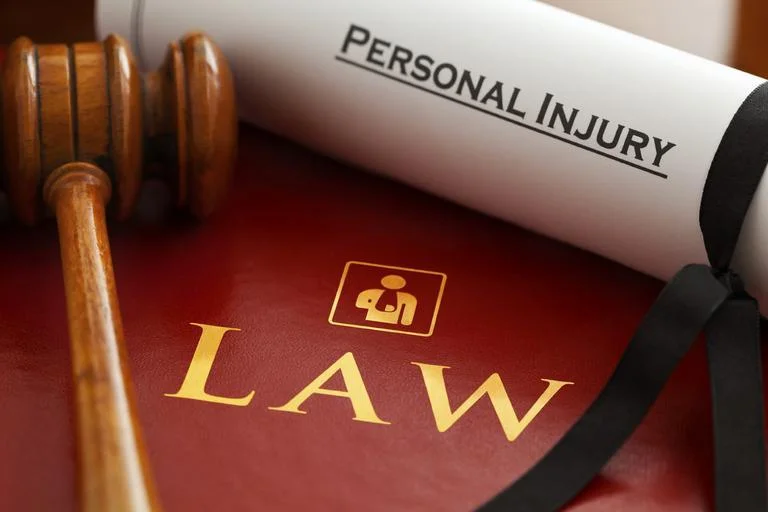Dealing with the aftermath of an injury in Henderson, where the cost of living is 18% higher than the national average, is challenging. With all the bills piling up, you may just want to settle. But does settling permanently make sense? Sometimes, in Henderson, a legal proceeding might be the only means of having a fair outcome.
Speak with a Henderson personal injury lawyer to understand the pros and cons of both settling and going to court. They can help you make a decision that benefits you the most.
Settlement: When Resolution is Within Reach
Settlement is when an injured party and a responsible party agree on who should pay damages without needing a courtroom trial. This strategy is usually most appropriate for circumstances when fault is evident and the value of the damages is clear. Settlements prevent protracted legal procedures, reduce costs, and allow people who have been injured to get back without feeling any strains of litigation.
A settlement is generally the right choice when:
- The at-fault party accepts liability, and there is strong supporting evidence.
- The settlement offer covers medical costs, lost income, and future care.
- You want to avoid a lengthy trial’s emotional and financial toll.
In growing cities like Henderson, Nevada, where road congestion and accident rates have increased, negotiations often resolve claims. Legal professionals, like Henderson personal injury lawyers, understand how regional insurers operate and how local courts typically handle similar claims, making them valuable allies during settlement talks.
Trial: When Justice Requires a Courtroom
Although settling a dispute quickly may be tempting, a trial may be necessary when the reward is insufficient or the responsible party refuses to take responsibility. A trial allows a formal presentation of all available evidence, witness testimony, and expert reports to a judge or jury.
A trial may be the more potent option when:
- The insurance company denies liability or offers a lowball settlement.
- You’ve suffered long-term or permanent injuries that require significant compensation.
- There’s a need for public accountability, especially in cases involving gross negligence.
As reported by the U.S. Department of Justice, only a tiny portion of personal injury cases, usually 3-5 percent, go to trial—the most complicated ones with severe injuries or disputed responsibility. That’s why consulting an experienced lawyer is crucial to choosing the right path forward.
Final Thoughts
This isn’t just a legal choice—it’s a personal crossroads. Settling might give you peace of mind sooner, but a trial could mean justice on your terms. There’s no one-size-fits-all answer.
A report by the Bureau of Justice Statistics shows that, in most civil cases, such as personal injury claims, there is a tendency for disputes to be resolved before the case goes to trial, since most people do not want the agony of litigation and the delays that go with it. Nevertheless, simply using statistics is not the best way to make your choice. The right path depends on what you’re fighting for—and what you’re willing to risk to get it.







